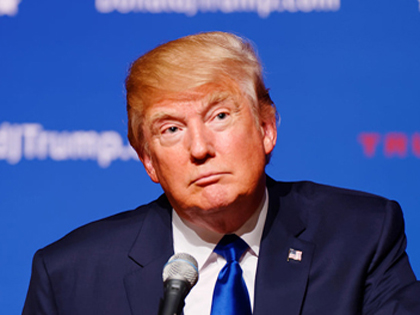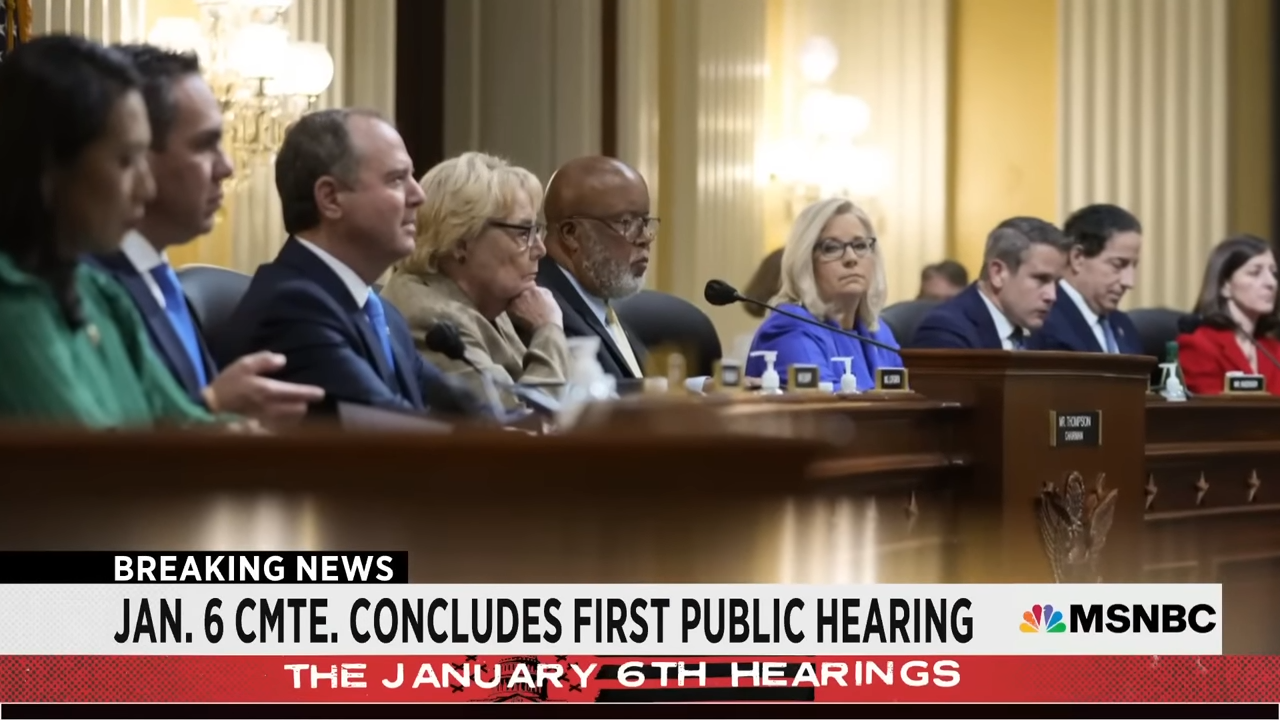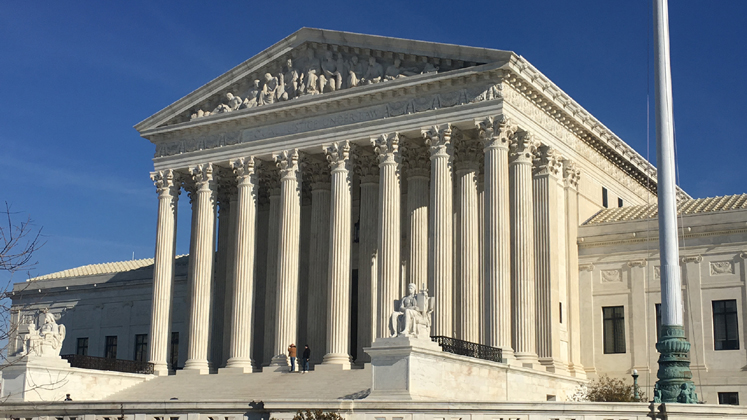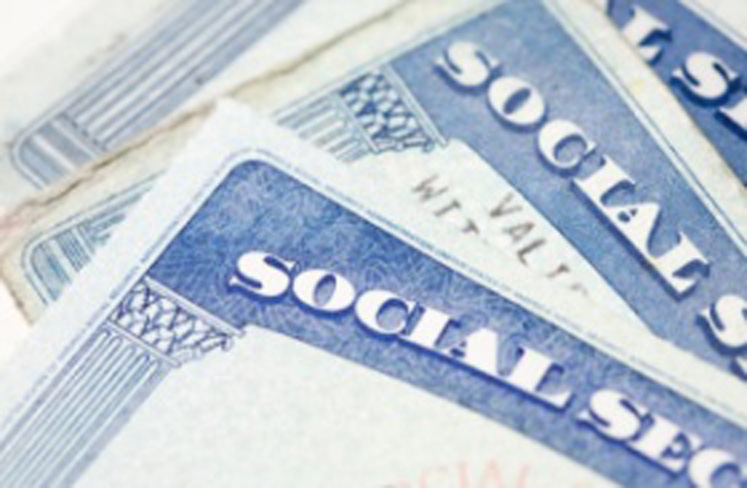The Donald Trump candidacy has prompted much finger-pointing within the GOP, as chronicled in The Atlantic by Molly Ball. Many blame the Tea Party for Trump's rise, but if that's the case, how to explain how Trump can hardly be called a conservative? I offer this explanation.
Since at least 1994, almost every midterm election has been an anti-establishment, throw-the-bums-out wave. (The only exception during that period is 2002, the first national election after 9/11.) These waves crossed party lines, sweeping away Republicans in 2006 and Democrats in 1994, 2010, and 2014. Republicans lost seats in 1998 when they tried to make the election a referendum on Bill Clinton's impeachment. The only constant in these waves is that they sought to bring new blood to Washington to shake things up.
I posit that in retrospect, the Tea Party waves of 2010 and 2014 were only manifestations of this anti-establishment populism. They were commandeered by a handful of conservative activists and organizations that applied that "Tea Party" identity and brand. But in reality, these waves were not conservative but populist. They were, essentially, Trumpism without Trump.
So when Trump himself came on the scene in 2015, the movement finally had a central figure it could rally behind. He spoke their language: He was an outsider businessman who called the Washington establisment stupid and incompetent. He was a tough-guy immigration hawk who loathed NAFTA. He was not bought and could say what was on his mind. He told the media to shove it. He promised to make America great again. What more could a populist want?
Nor is this movement particularly ideological. Trump's flip-flops and contradictions don't seem to bother his supporters. His non-conservative positions have not hurt him. The only policies that matter are the ones on free trade and immigration. Everything else is secondary.
Further, this explanation also explains why the Tea Party class of 2010 is waning in popularity. The populist wave had been sending outsiders to clean up the Washington cesspool for years, but, as has been said, they found that it felt more like a hot tub.
So will Trump split the GOP? I think there will be a divorce at some point, but once Trump leaves the scene, the movement he leaves behind will be leaderless again. It will go back to the pattern of sending insurgent Republicans to Washington every midterm election, only to have those candidates co-opted by conservative activists and/or the Republican establishment. Until Republicans get the message that these voters are trying to send, this pattern will only repeat itself.




